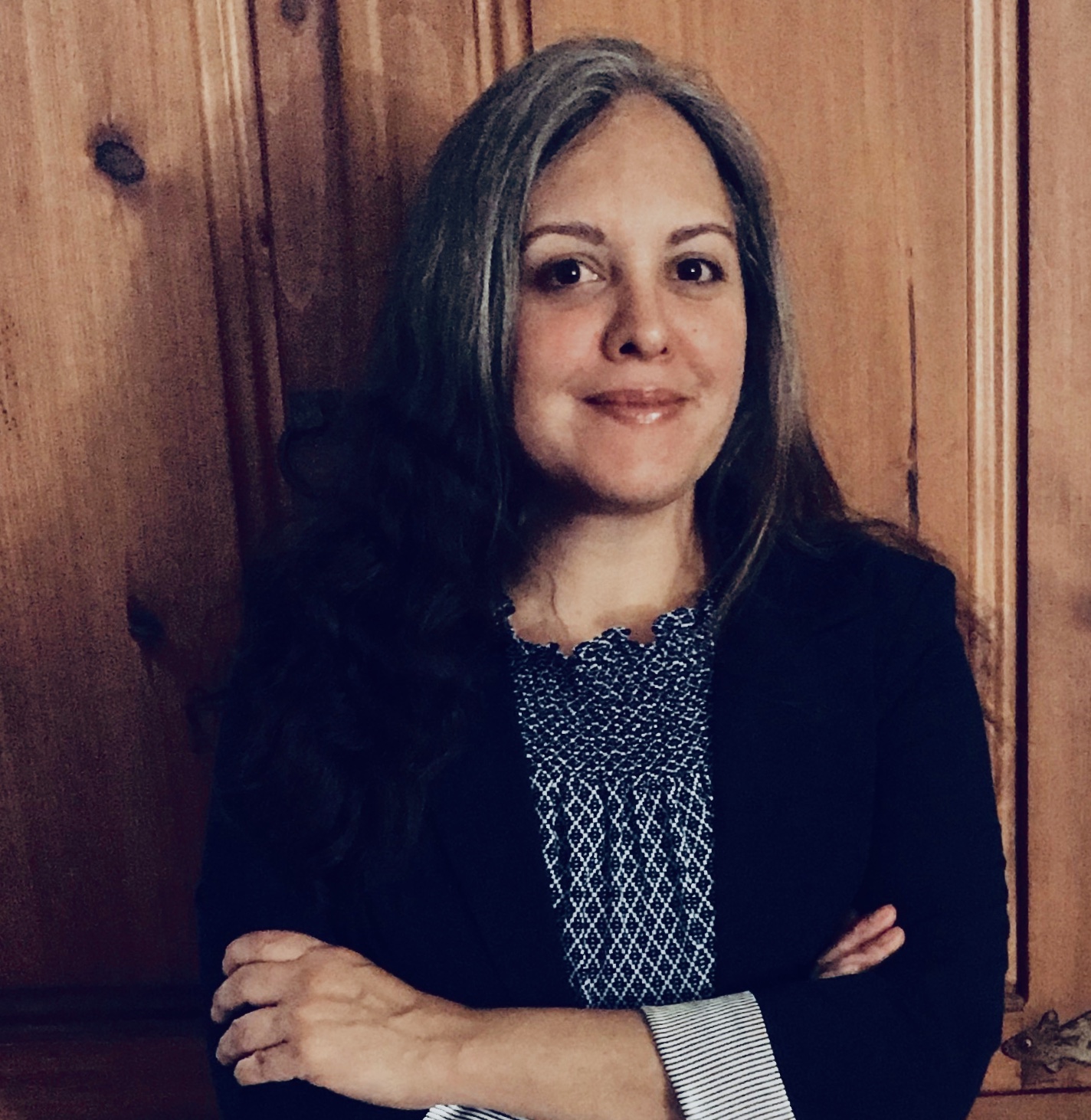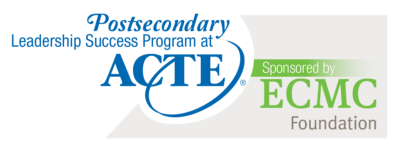M eet Carla Arciniega, project coordinator and Perkins lead at Lane Community College. Her Techniques interview appears as part of a digital-exclusive spotlight series on fellows in the Postsecondary Leadership Success Program at ACTE – Sponsored by ECMC Foundation.
eet Carla Arciniega, project coordinator and Perkins lead at Lane Community College. Her Techniques interview appears as part of a digital-exclusive spotlight series on fellows in the Postsecondary Leadership Success Program at ACTE – Sponsored by ECMC Foundation.
What leadership skills did you develop as part of the Postsecondary Leadership Success Program at ACTE?
I expanded my overall knowledge on career and technical education (CTE). By engaging in the program, I gained a deeper understanding of educational policy. The ability to better understand legislation and proposed initiatives can help me become a better advocate for the communities we serve.
Further, I developed stronger relationships with individuals, groups and organizations who are dedicated to CTE with a focus on social equity and justice. Increasing collaborative work across disciplines can help me better understand the challenges that our students face.
With a focus on research and application, I want to promote change in CTE and to build more inclusive environments. ACTE’s postsecondary fellowship program has helped improve my organizational development skills. In collaboration with my cohort, I explored innovative ideas — considered what works and what doesn’t — and implemented some to meet the demand of our labor market.
In what ways have you innovated to engage students >amp; inspire colleagues in CTE through the COVID-19 pandemic?
One of the great perks of the postsecondary fellowship with ACTE is the exposure to professional development opportunities that can be shared with colleagues. As part of Perkins planning in my institution, I have encouraged my colleagues to explore the programs that ACTE has to offer. Further, I have explored professional development related to inclusion, access, equity and diversity access and inclusion to ensure that our programs of study serve our students and communities equitably.
A main institutional goal for Lane Community College has been to increase collaboration with our educational school districts and our industry partners. Active engagement in conversations, planning and projects with our partners has been crucial in enhancing our programs of study and our student success efforts. Communication and collaboration raise awareness and promote the importance of CTE in our communities.
Our education systems face many challenges in 2022. Please discuss the steps CTE can take to improve equitable access to high-quality CTE programs of study.
The pandemic brought more attention to inequities and lack of access for students in special populations. Not every student has the proper tools to engage in their educational programs. But there are several tools that can help. For example: Provide mobile labs for students in rural communities who can’t commute to main campuses.
But I believe it’s most important that CTE educators understand who our students and potential students are. This is key. Identifying, specifically, where the gaps lie can help us build stronger learning communities and elevate student success. Then we can work collaboratively with all stakeholders to develop strong support networks for our students. Basic needs must be met before anyone can fully engage in their education.
Learn more about the Postsecondary CTE Fellowship.
Please also meet:
- Tiffanie Rosier, STEM education coordinator at Northern Virginia Community College
- Tachaka Hollins, assistant vice chancellor for academic affairs at the Tennessee Board of Regents
- Tracey D. Cooper, executive director of nursing at Temple College
- Bernie Phelps, director of Perkins, Perkins Rural Reserve and dual enrollment at Montana Technological University, Highlands College
- Vickie Thomas, director of the Center for Workforce and Community Development at Eastern New Mexico University – Roswell
- Moira Lafayette, dean of health sciences and public safety at Blackhawk Technical College
- Brad Kinsinger, director of the Global Agriculture Learning Center at Hawkeye Community College
- Eric Sewell, director of technical education at Southern Union State Community College
- C.J. Wurster, district director at Maricopa County Community College District
- Katie Vincent, director of workforce partnerships at Owensboro Community and Technical College
- Dr. Xue Xing, assistant professor of teaching and learning at University of Nevada – Las Vegas
- Aleksander Marthinussen, program manager with NOVA SySTEMic at Northern Virginia Community College
- Dan Adams, former CTE administrator and current stay-at-home dad
- Ashlee Spannagel, dean of CTE and workforce development at Southeastern Community College
- Darlene O’Rourke, Perkins grant director and officer at Queensborough Community College
- Shelsi Barber-Carter, CTE coordinator at Baton Rouge Community College
- Rebecca Farley, dean of instruction at Bakersfield College
- Brian Rick, CTE navigator at Southeastern Illinois College








